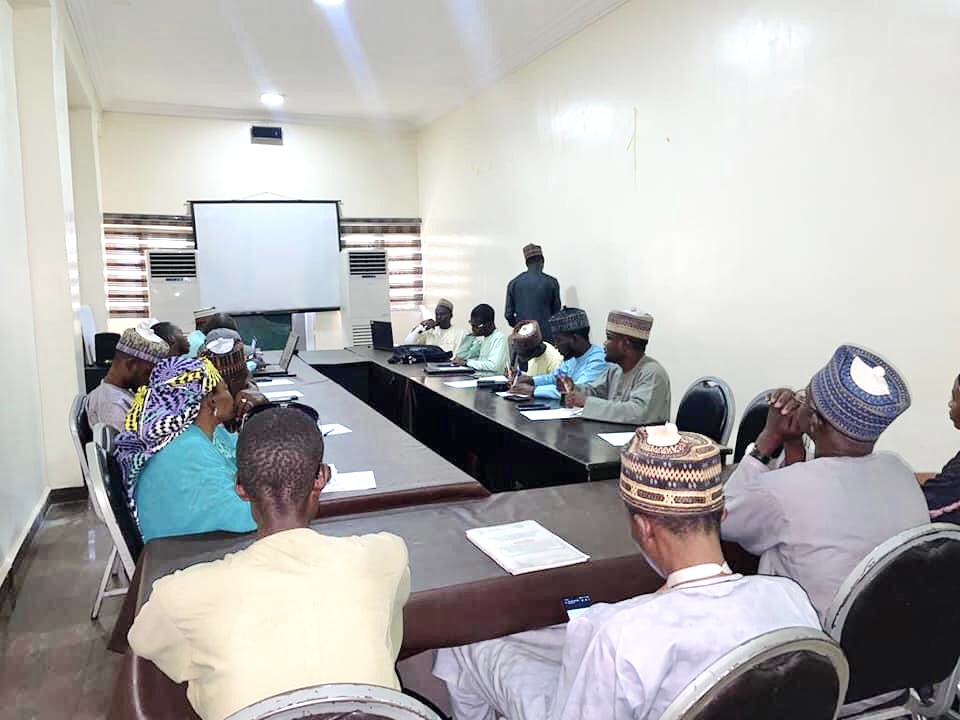By Mustapha Salisu
In an effort to eradicate health hazards from electronic waste, the Center for Information Technology (CITAD) hosted a one-day stakeholders meeting on circular economy and e-waste in Kano on Monday.
In his opening remarks, Chairman of the occasion, Mal. Umar Saleh Anka, said the purpose of the meeting was to brainstorm strategies for deploying a refurbished way of dealing with e-waste and circular economy.

An e-waste expert, Auwal Yunusa, CEO of Hero Ventures, presented on the challenges of e-waste in Nigerian communities. He revealed that Nigeria is the highest purchaser of used goods globally, which has led to a rapid increase in the consumption of electronic devices.
According to Auwal, this in turn, has created a challenge of e-waste disposal, as there is limited infrastructure for collection and transportation of e-waste.
Yunusa also highlighted the environmental and health hazards associated with e-waste. He explained that e-waste contains harmful substances such as lead, mercury, and cadmium, which can be released into the environment if not properly disposed of.
“This can pollute the air, water, and soil, and can also cause health problems such as cancer, respiratory problems, and neurological disorders” he noted.
CITAD’s Executive Director, Engr. Y.Z Ya’u, gave a presentation titled “Circular Economy in the Digital Tech Sector.” In his presentation, Ya’u lamented that we live in a linear world where we extract raw materials, process and consume them without transformation or circularity.

Ya’u fears that without circularity, the extracted materials we consume will keep reducing while our population continues to grow. As such, with time, when we dig, we won’t have anything to extract.
According to Ya’u, the transformation of e-waste into usable devices would not only protect our health but would also create wealth for societies and people would be gainfully employed to improve the nation’s economy.
The E.D stressed that the mindset of producers to produce gadgets like tv, radio, laptops, etc. with short lifespans needs to be shifted to longer lifespans in order to reduce e-waste in communities.
Ya’u urged government regulatory bodies and stakeholders to raise awareness on managing and transforming e-waste as well as to identify designated areas for dumping e-waste for ease of collection by transformers.
He also urged the National Environmental Standards and Regulations Enforcement Agency (NESREA) to regulate the import of second-hand goods into Nigeria to ensure that they are safe for use by meeting standard health provisions.


